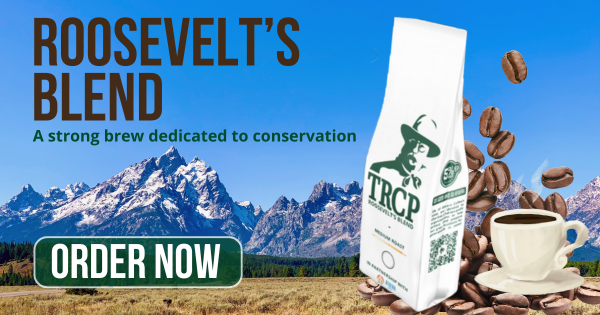PLUS: Nine direct benefits for hunters and anglers
One of the most impressive things about TRCP’s work with 63 organizational partners is that it allows us to bring together the best minds in conservation to influence specific hunting and fishing legislation—and the Farm Bill is one of the most impactful examples.
Farm Bill conservation programs, administered by the U.S. Department of Agriculture, conserve and restore fish and wildlife habitat, expand hunting access, and build resilient farms and ranches. The Farm Bill is also the single-largest source of private lands conservation funding, providing roughly $6 billion annually through voluntary, incentive-based programs that benefit landowners, wildlife, and outdoor recreation.
The 2018 Farm Bill is set to expire on September 30, 2023, and Congress is currently developing its next five-year bill. To make sure your voice is heard during the 2023 Farm Bill debate, the 27 member organizations of TRCP’s Agriculture and Wildlife Working Group created a roadmap to improving the Farm Bill’s most important programs, and we’re sharing it with decision-makers right now.
Here’s what you need to know about this list of top priorities, how it was made, and what benefits hunters and anglers can expect if our recommendations are included in a final bill.
Aligned and On Time
Going into a Farm Bill debate, it is critical to have our community pulling in the same direction. This platform was carefully built to reflect the priorities of a huge swath of the hunting, fishing, and conservation community. Because the House and Senate Agriculture Committees are now soliciting input on the next Farm Bill, the TRCP was able to raise these priorities during a recent listening session hosted by the House committee chair, Rep. Glenn “GT” Thompson (R-Pa.)
We look forward to the Senate Committee’s first hearing on the conservation title on March 1, when we can do the same thing for decision-makers in that chamber. Having the hunt-fish community clearly aligned on our priorities ahead of this hearing strengthens our voice.
Bringing Together the Best
Each of the Agriculture and Wildlife Working Group’s member organizations brings expertise on some subset of the Farm Bill, whether it’s the particulars of forest management for wild turkeys, wetland easements to protect waterfowl habitat, or agricultural practices that improve water quality for trout. In this platform, every recommendation has been proposed and justified by an AWWG member and vetted by the group. For example, if an AWWG member proposes a change to CRP to benefit pheasants, the rest of the group reviews that change to make sure that it doesn’t have unexpected downsides to species like deer or ducks. Every recommendation on the list has made it through this process—which takes multiple meetings over many months—meaning it has been vetted by some of the best conservation minds in the country.
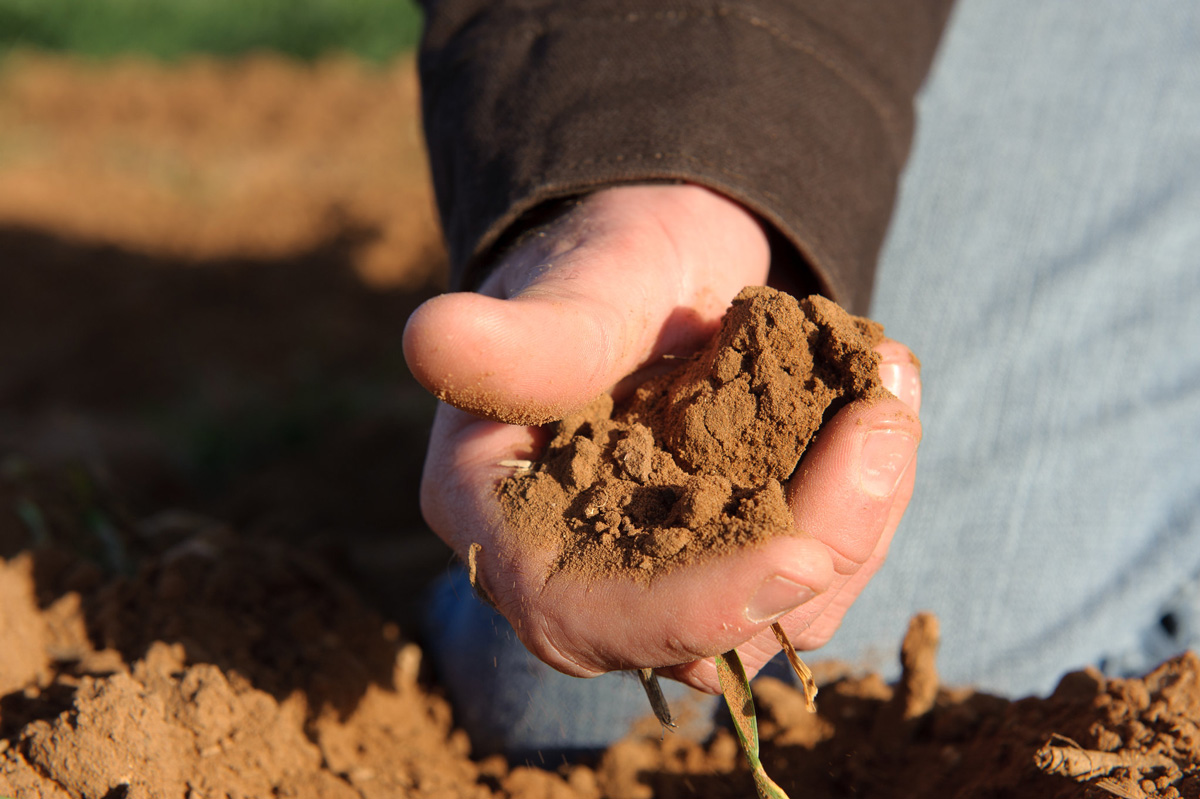
Key Recommendations and Outcomes
Every item in this platform would benefit hunters and anglers. If adopted, these provisions would help:
- Stabilize streamflow in trout waters
- Reduce algal blooms and winter kill in walleye lakes
- Increase pheasant and quail populations
- Create and enhance waterfowl nesting habitat
- Protect forests and farmland from urban encroachment
- Reduce wildfire risk while building habitat for deer, turkeys, and grouse
- Expand hunting and fishing access
- Restore native grasslands
- Benefit non-game species, drinking water, air quality, climate mitigation, and more
There’s plenty to like in there. Here are just some of the overarching recommendations that would help to get these things done.
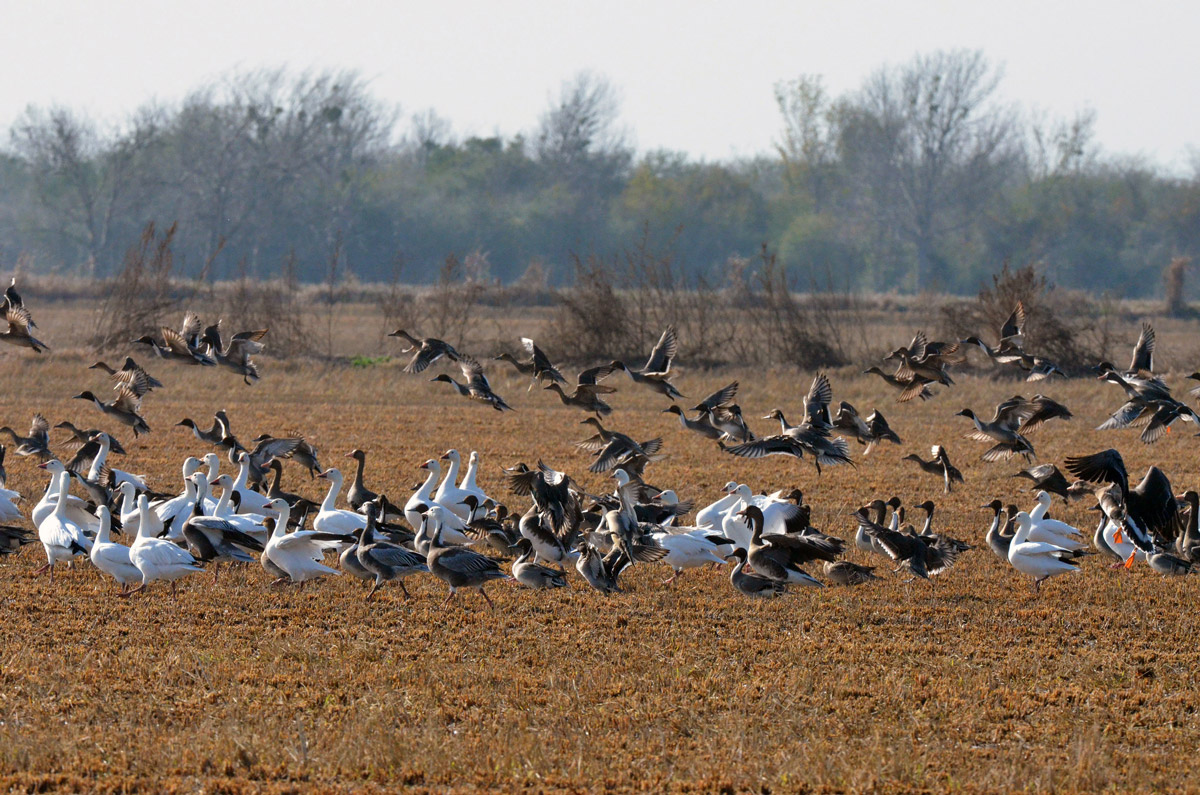
Maintain Conservation Funding
Title II, or the Conservation Title, of the Farm Bill is where a huge chunk of wildlife-related work gets done. Even though these programs have great ecological outcomes, massive landowner demand, and are strictly voluntary, they can be targeted for cuts when lawmakers want to tighten budgets. If we’re not careful, debates can also break out over the allocation of funding between the various conservation programs. This is particularly important in this farm bill because recently passed legislation has given many of our favorite programs more funding than they have ever seen. Fortunately, the hunting and fishing community remains broadly united in support of maintaining Farm Bill conservation program funding. Sportsmen and sportswomen pushed for these conservation wins for years, and we must stay the course.

Boost CRP
In recent Farm Bills, incentives to enroll land in the Conservation Reserve Program have been reduced or eliminated altogether. These cuts, coupled with high crop prices, have led to reduced landowner interest and low CRP enrollment, resulting in a loss of wildlife habitat. Our community is aligned on restoring incentives and building commonsense management flexibility into CRP, which would put it on a trajectory back toward historical acreage levels – which means more pheasant, quail, and waterfowl habitat . One bill that would do this, supported by the TRCP, is the CRP Improvement Act from Senators Thune and Klobuchar.
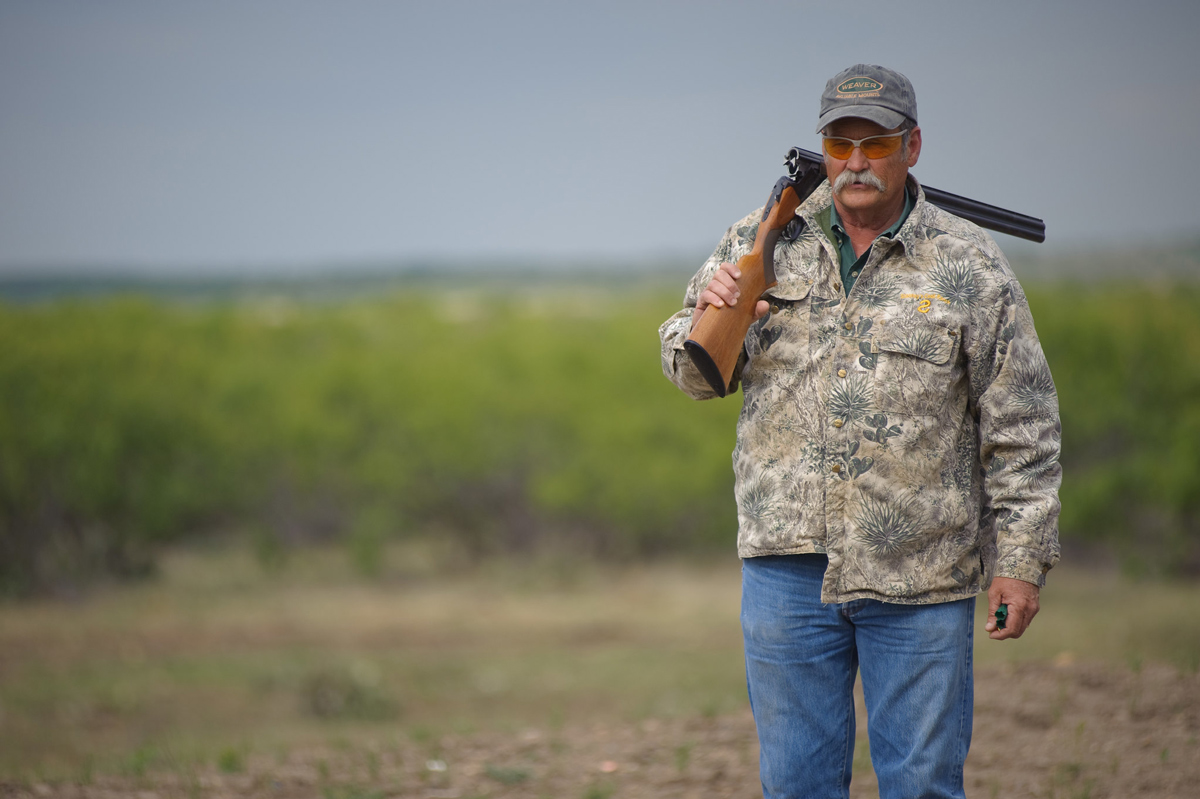
Invest in Access
There is no other Farm Bill program that affects hunters and anglers more directly than the Voluntary Public Access and Habitat Incentive Program, which assists states who provide incentives to landowners for walk-in access to hunting, fishing, and other outdoor recreation on their lands. Current funding levels are far from meeting demand , and economic analyses of the programs show a huge return on investment while expanding hunting opportunities. To meet state demand for this program, we’re recommending the VPA-HIP be funded at no less than $150 million, tripling the current level of support for this program.
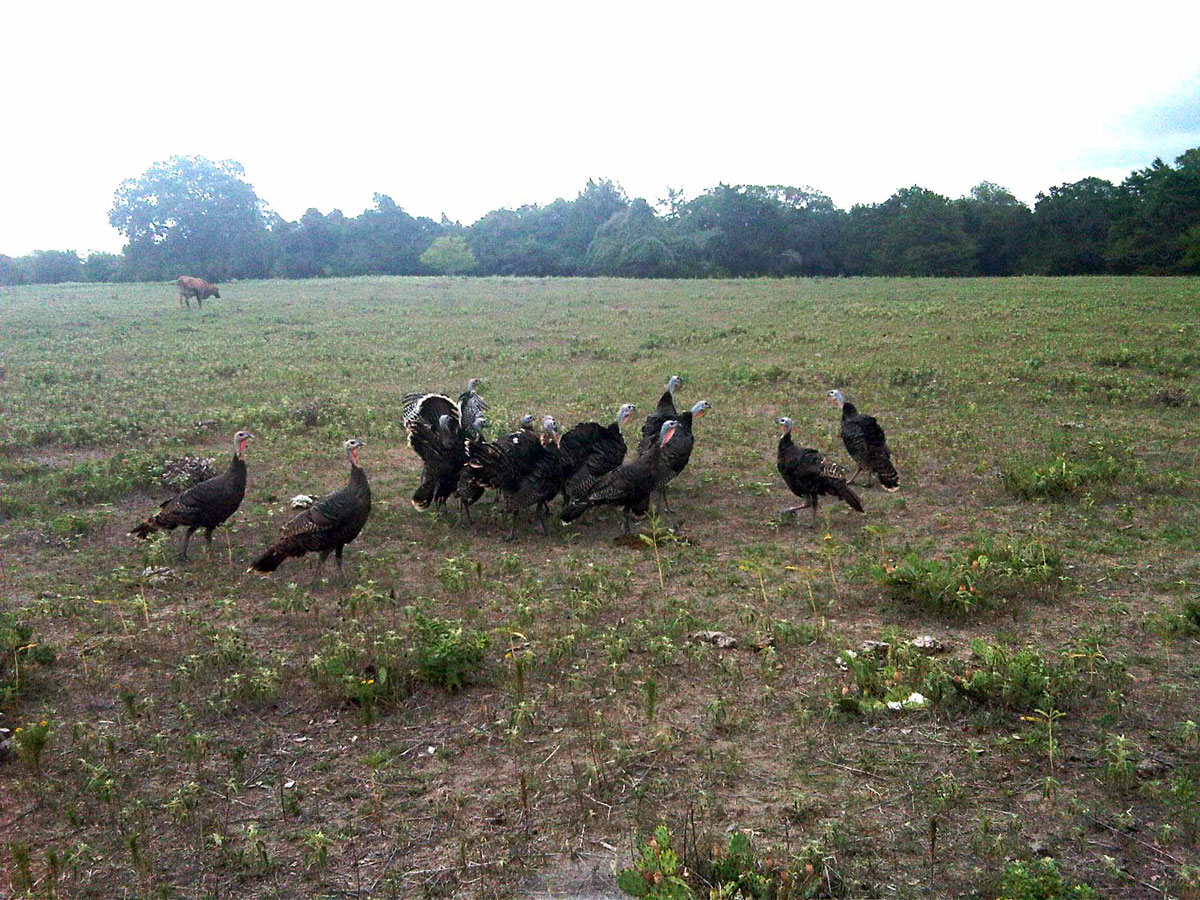
Ensure Conservation Incentives Lead to Measurable Fish and Wildlife Benefits
We’ve also proposed that lawmakers maintain an important requirement of the Environmental Quality Incentives Program (EQIP) that carves out at least 10 percent of program funding for wildlife habitat practices. EQIP provides planning assistance and cost share to landowners who want to be better stewards of their farms, ranches, and forests. The Natural Resources Conservation Service reserves a certain percentage of the funds it receives for livestock producers, new farmers and ranchers, and wildlife. We need to make sure that wildlife continues to receive its fair share and that these dollars produce measurable benefits.
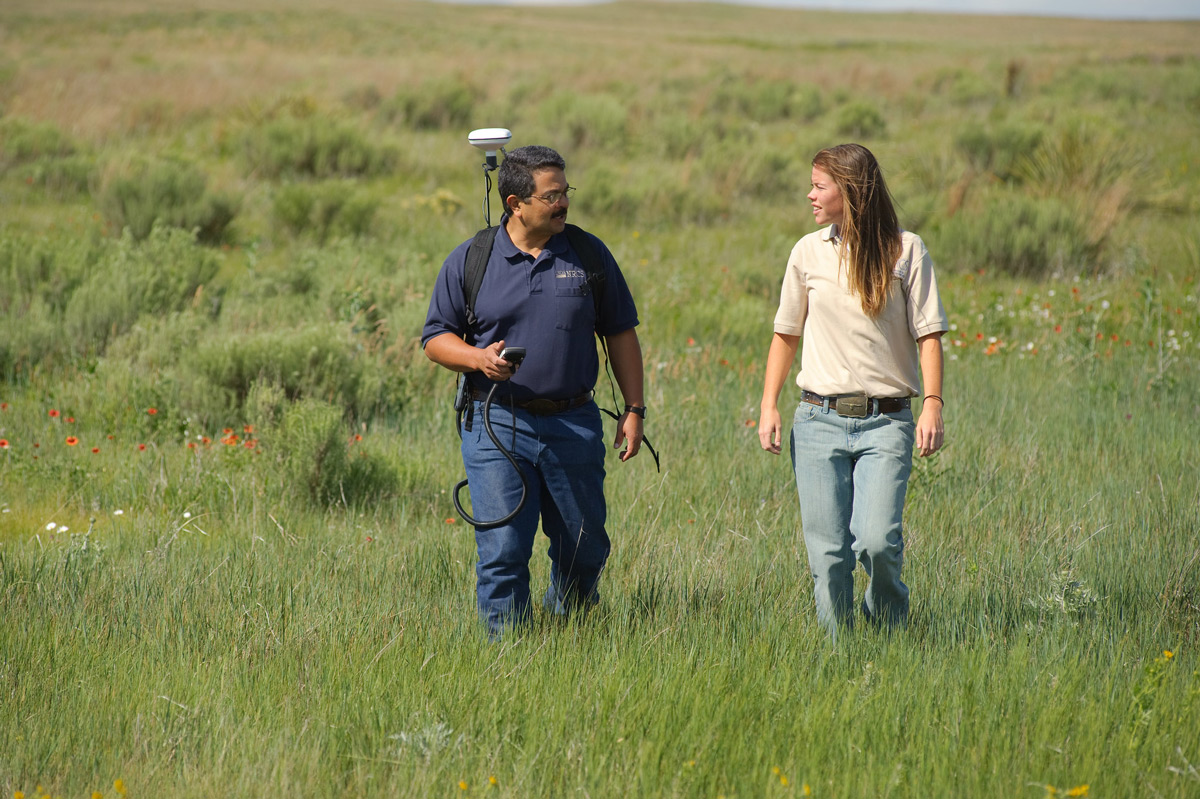
Provide Adequate Landowner Support
None of these programs can get habitat on the ground without staff to meet with landowners, evaluate conservation opportunities, create a conservation plan, and enroll them in programs to fit that plan. The USDA is doing more work with fewer staff than at any other time in history. The 2023 Farm Bill needs to help the USDA staff up internally and simplify processes for partnerships with local governments and nonprofit organizations with shared conservation goals.
How You Can Help
The Farm Bill is the largest conservation legislation that will come before the 118th Congress, and it’s critical that hunters and anglers are at the table to ensure that habitat and wildlife remain central to sensible farm policy in the United States. If you support and want to share this platform with your elected officials, take action now.

Learn more about Farm Bill conservation programs and how they affect you at trcp.org/farmbill.








